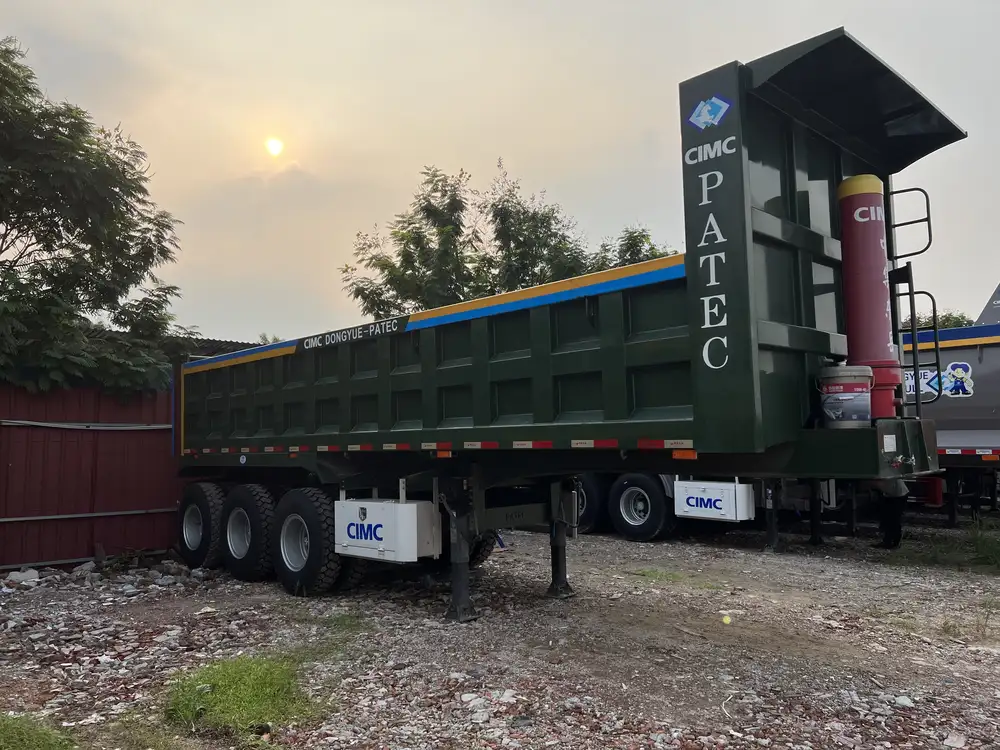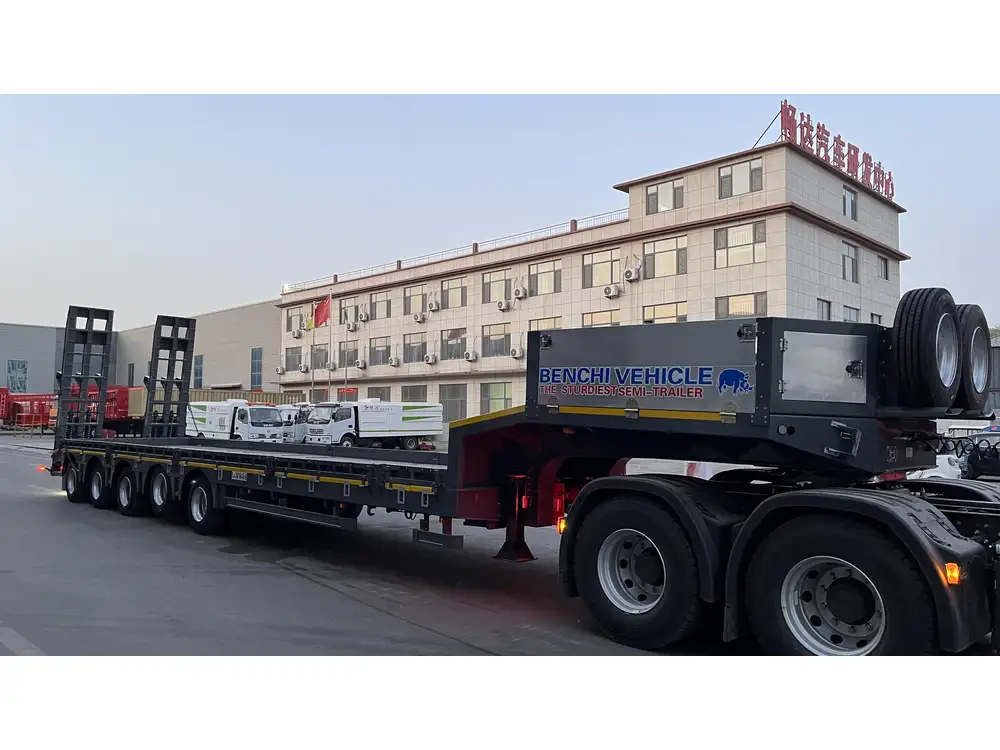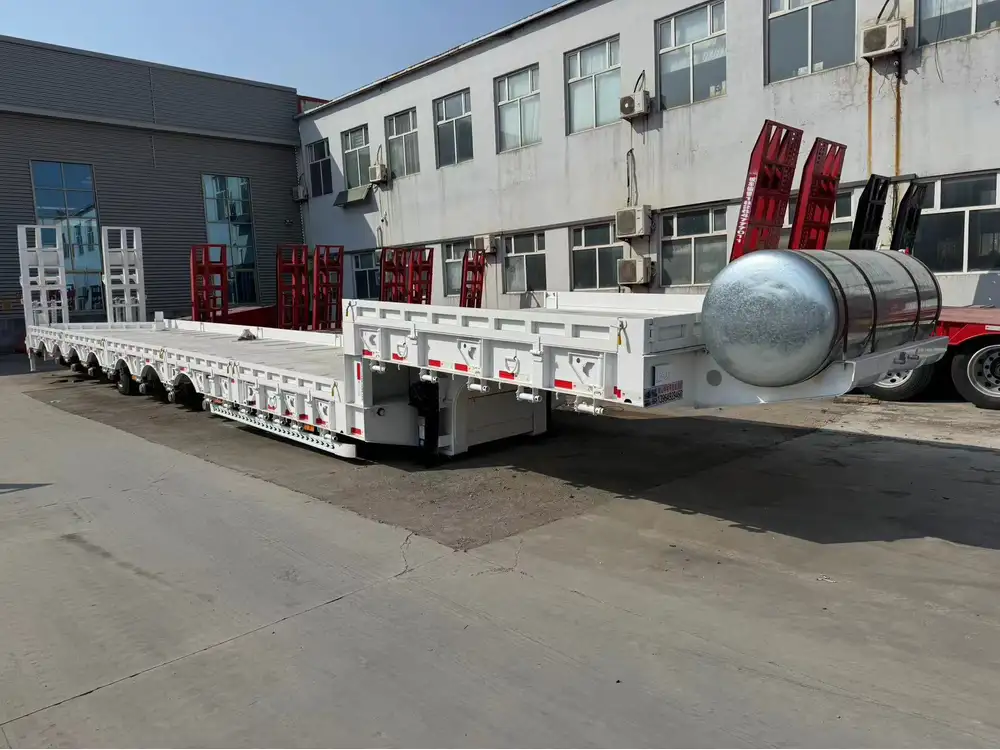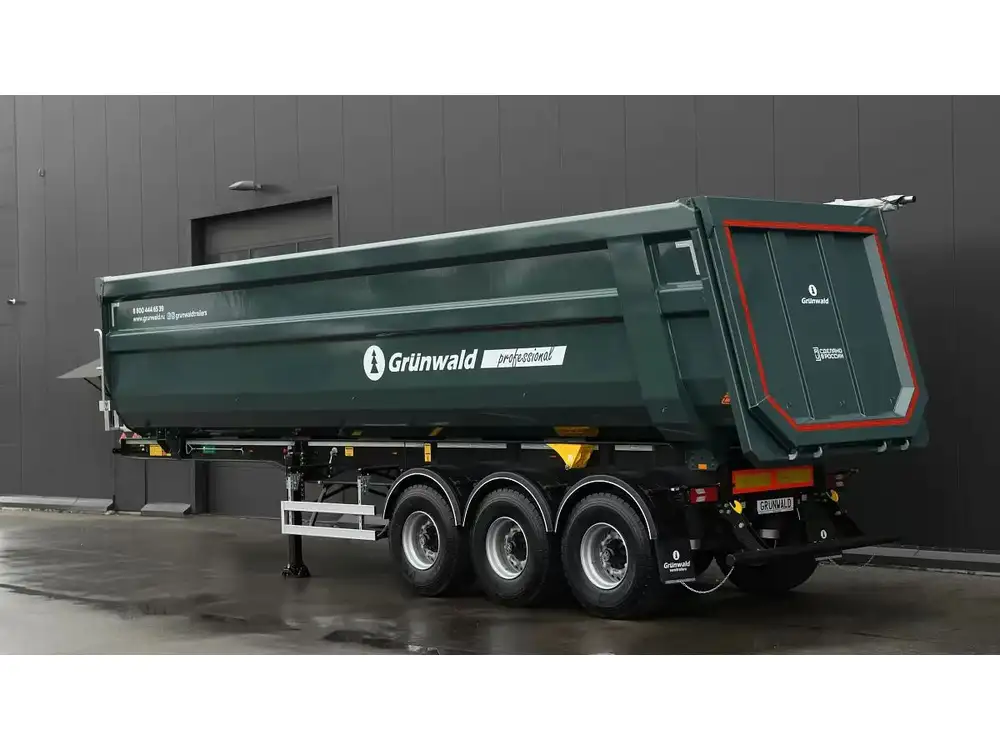When it comes to hauling materials for construction, landscaping, or waste removal, understanding the capacity of a dump trailer is crucial for ensuring efficiency and effectiveness. Among the various options available in the market, the 7×14 dump trailer is a popular choice due to its manageable size and significant load capacity. This article aims to dissect the dimensions and capacity of the 7×14 dump trailer in detail, offering insights into yard capacity, operational efficiency, and usage scenarios.
What is a 7×14 Dump Trailer?
A 7×14 dump trailer is defined by its dimensions: 7 feet wide and 14 feet long. This size makes it well-suited for both residential and commercial applications, providing a balance between handling capacity and mobility. Constructed typically with a sturdy steel frame and equipped with hydraulic lift systems, these trailers are pivotal for transporting a variety of materials, including dirt, gravel, and debris.
Key Specifications and Features
| Feature | Specification |
|---|---|
| External Dimensions | 7 feet (width) x 14 feet (length) |
| Internal Dimensions | Approx. 6.5 feet (width) x 13.5 feet (length) |
| Side Height | 2 to 3 feet (varies by model) |
| Weight Capacity | Typically 10,000 to 14,000 lbs |
| Yard Capacity | Approximately 5 to 6 yards |

Calculating the Cubic Yard Capacity
To determine how many yards a 7×14 dump trailer can carry, we need to convert its dimensions into cubic yards. Cubic yards are the standard measurement used in construction to specify volume.
Step-by-Step Calculation
Measure the Internal Dimensions: The internal size of a 7×14 dump trailer is generally about 6.5 feet in width and 13.5 feet in length. The side height can vary, but for this example, we will calculate using an average height of 2.5 feet.
Calculate Volume in Cubic Feet: [ \text{Volume} = \text{Length} \times \text{Width} \times \text{Height} = 13.5 \, \text{ft} \times 6.5 \, \text{ft} \times 2.5 \, \text{ft} = 219.375 \, \text{cubic feet} ]
Convert to Cubic Yards: [ \text{Cubic Yards} = \frac{\text{Cubic Feet}}{27} = \frac{219.375}{27} \approx 8.12 \, \text{cubic yards} ]
Realistic Capacity Considerations
While the theoretical capacity is approximately 8.12 cubic yards, various factors can affect how much material you can actually load into the trailer:
Weight Limitations: Even if the volume of the material fits, the combined weight of the load must not exceed the trailer’s weight capacity, usually around 10,000 to 14,000 lbs. For example, wet materials like dirt or gravel weigh more than dry materials.
Material Density: The type of material being transported greatly influences how many yards can realistically be carried. For instance, a yard of sand weighs about 2,700 lbs, while a yard of loose fill dirt weighs roughly 1,800 lbs.
Here’s a quick breakdown of common materials’ weights per cubic yard:
| Material | Weight per Cubic Yard (lbs) | Approximate Yards in 7×14 Trailer (considering 12,000 lbs capacity) |
|---|---|---|
| Dirt | 1,800 | 6.67 (~6 full yards) |
| Gravel | 2,400 | 5.00 (~5 full yards) |
| Sand | 2,700 | 4.44 (~4 full yards) |
| Debris (mixed) | 1,000 (varies greatly) | 12.00 (~8 full yards depending on type) |

Limitations and Important Considerations
In practice, it’s important to avoid overloading the trailer to ensure safe transport and adherence to road regulations. Exceeding weight limits can impair vehicle control and increase the wear on brake and suspension systems.
Ideal Applications for a 7×14 Dump Trailer
Construction and Renovation
One of the primary uses of a 7×14 dump trailer is in construction. When conducting renovation or new build projects, hauling debris, gravel, and equipment is common. The manageable size of the trailer allows it to navigate tight job sites without compromising load capabilities.

Landscaping Projects
Whether you’re a professional landscaper or a DIY enthusiast, a 7×14 dump trailer is an excellent asset for transporting mulch, soil, and decorative stones. Its capacity to hold approximately 5-6 cubic yards allows for fewer trips to the supplier, thus saving both time and labor costs.
Waste Removal
For clearing out construction waste, yard debris, or household junk, a 7×14 dump trailer serves as a reliable solution. The ability to manage a substantial volume without excessive weight penalties means that homeowners and contractors can dispose of waste efficiently without multiple trips to the dump.
Efficiency Tips for Using a 7×14 Dump Trailer

Load Distribution
Ensure that the load is evenly distributed within the trailer. An uneven load can affect the vehicle’s balance, leading to unsafe driving conditions and potential tipping hazards.
Loading Techniques
- Heavier Materials: Load heavier materials on the bottom and towards the front of the trailer.
- Light Materials: Shovel lighter materials, such as mulch, on top.
Securing Loads
Every load should be properly secured to prevent shifting during transit. Use straps, tarps, or nets as necessary, especially when hauling loose debris or items that can easily be dislodged.

Maintenance Checks
Regular maintenance of your dump trailer is essential for safe operation. This includes checking the brakes, tires, and hydraulic systems before every use. A well-maintained trailer will not only perform better but also extend its lifespan significantly.
Conclusion
The 7×14 dump trailer stands out as a highly versatile tool in the realm of hauling. Its size and capacity make it suitable for various applications, including construction, landscaping, and waste removal. By understanding its dimensions and the factors influencing its loading capabilities, users can maximize efficiency and safety.
Ultimately, utilizing a 7×14 dump trailer effectively hinges on knowing what you’re transporting, calculating weights versus volumes, and following best practices for loading and securing. As industries continue to evolve, having the right equipment—like a well-sized dump trailer—can make all the difference in operational success. The key takeaway? Always prioritize knowing your capacity limits and adapting your working strategies accordingly for unrivaled efficiency.



